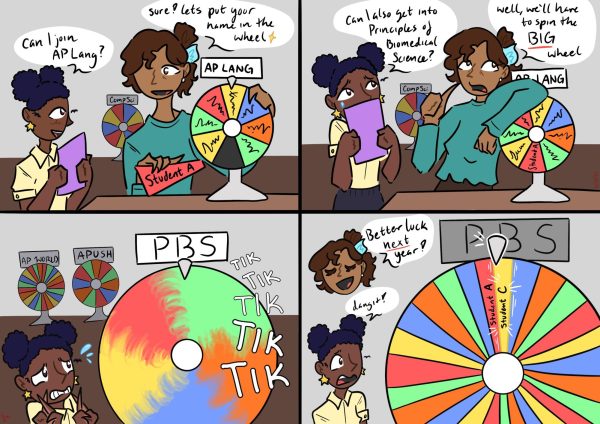Government money ill-spent
Every citizen of the United States is taught to obey authority. Listen to your parents. Listen to your teacher. Listen to the government.
Lately though, questioning authoritative power seems like all we are able to do.
Due to numerous incidents nationwide involving police officers and questionable reports of brutality, President Obama announced in December that he was investing $263 million into police forces.
This money will supply police officers with 50,000 small body cameras and also finance further law enforcement training.
According to Huffington Post, $75 million of the $263 million will be for financing the actual body cameras.
The rest is designed for outreach efforts to build trust between the police departments and minority communities.
The body cameras are for the public’s interest so that all controversy surrounding a case can be efficiently taken care of with live evidence from the cameras.
Rodney King, 1991, Los Angeles. Owen Grant, 2009, Oakland. Eric Garner, 2014, New York. Michael Brown, 2014, Ferguson.
In all four cases listed, an unarmed African American man was either injured or killed by a white police officer. These scenes arouse suspicion and prejudice among all people and cause social clefts of distrust.
President Obama issued his plan to supply police with body cameras specifically after the case of Brown, which has sparked nationwide protests and riots concerning identity and discrimination.
According to the Washington Post, there is no conclusive evidence whether African American and Caucasian officers treat suspects any differently depending on the suspect’s race, and there is hardly any research on whether racial disparities exist between officers when they choose to use force.
Supplying police with body cameras to supervise their every move seems like it would be revolutionary. Crime and brutality will stop and the world will forever be peaceful.
Not really.
Instead of trying to teach an old dog new tricks, why not use the millions of dollars toward children, the community, and education?
We are neglecting education by budget cuts, pink slips, and the shutting down of schools.
Other issues that arise from limited education funds include outdated learning materials, cancellation of enrichment programs, and larger classes as more teachers get laid off.
If we invested more in early childhood education, children would grow up to be contributing and ethical citizens of their communities. An environment that prizes knowledge over violence could lead to an ideal society.
According to the Smithsonian Magazine, Finland has one of the world’s best education systems, which could be due to the way they choose to spend government money.
Thier government believes in learning in and out of the classroom, meaning they want their students to achieve academically, but also go out and build personal connections to their community and peers.
Finland’s system encourages students to create their own identity through education.
Improving communities and education could solve problems blamed on racial and socioeconomic issues.
Body cameras worn by police officers do not seem to solve the problems at hand. Education, not law enforcement, would benefit from that money.
If we put more effort into building stronger communities and schools, we can build a better nation. Not perfect, just better.


